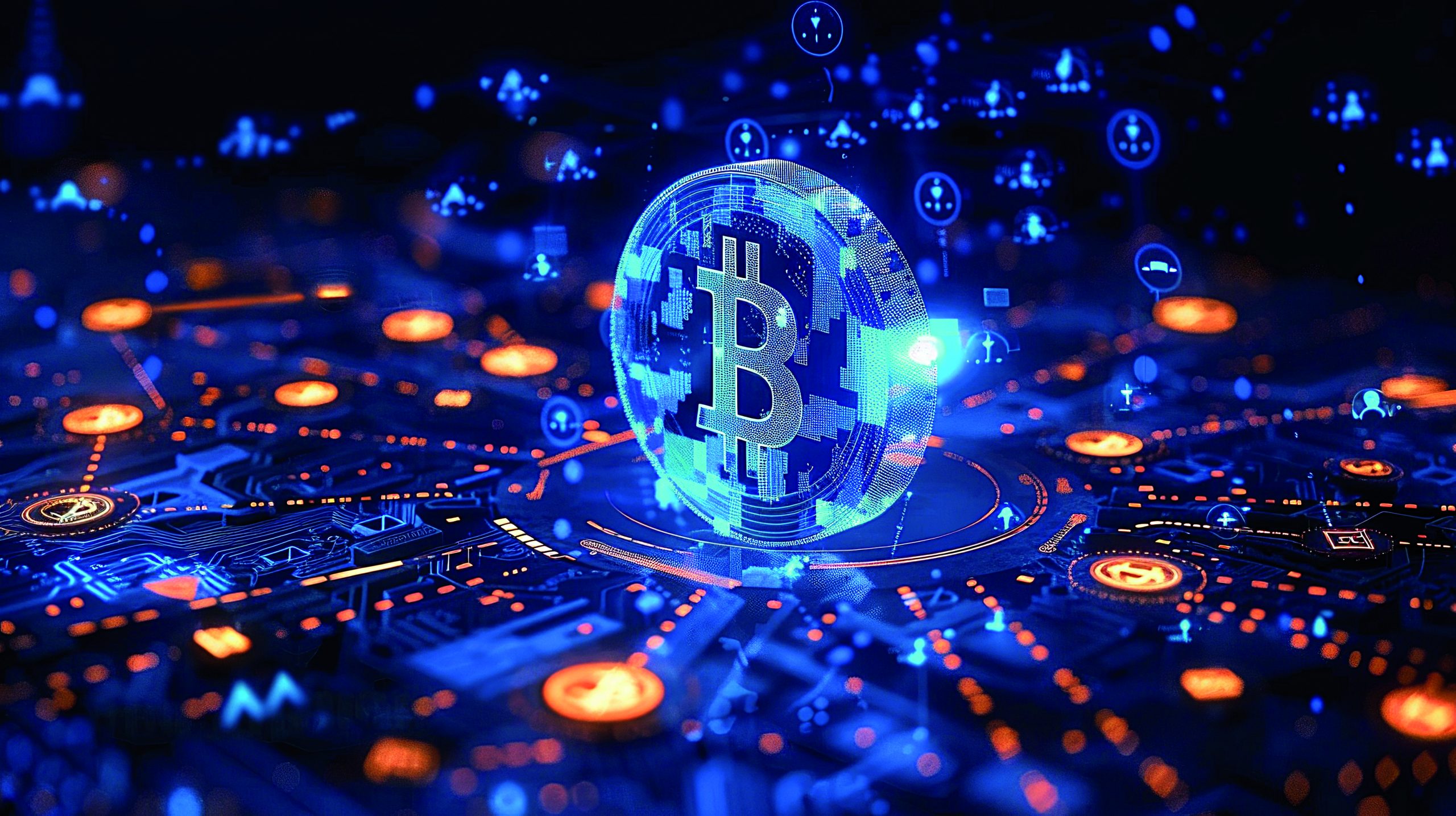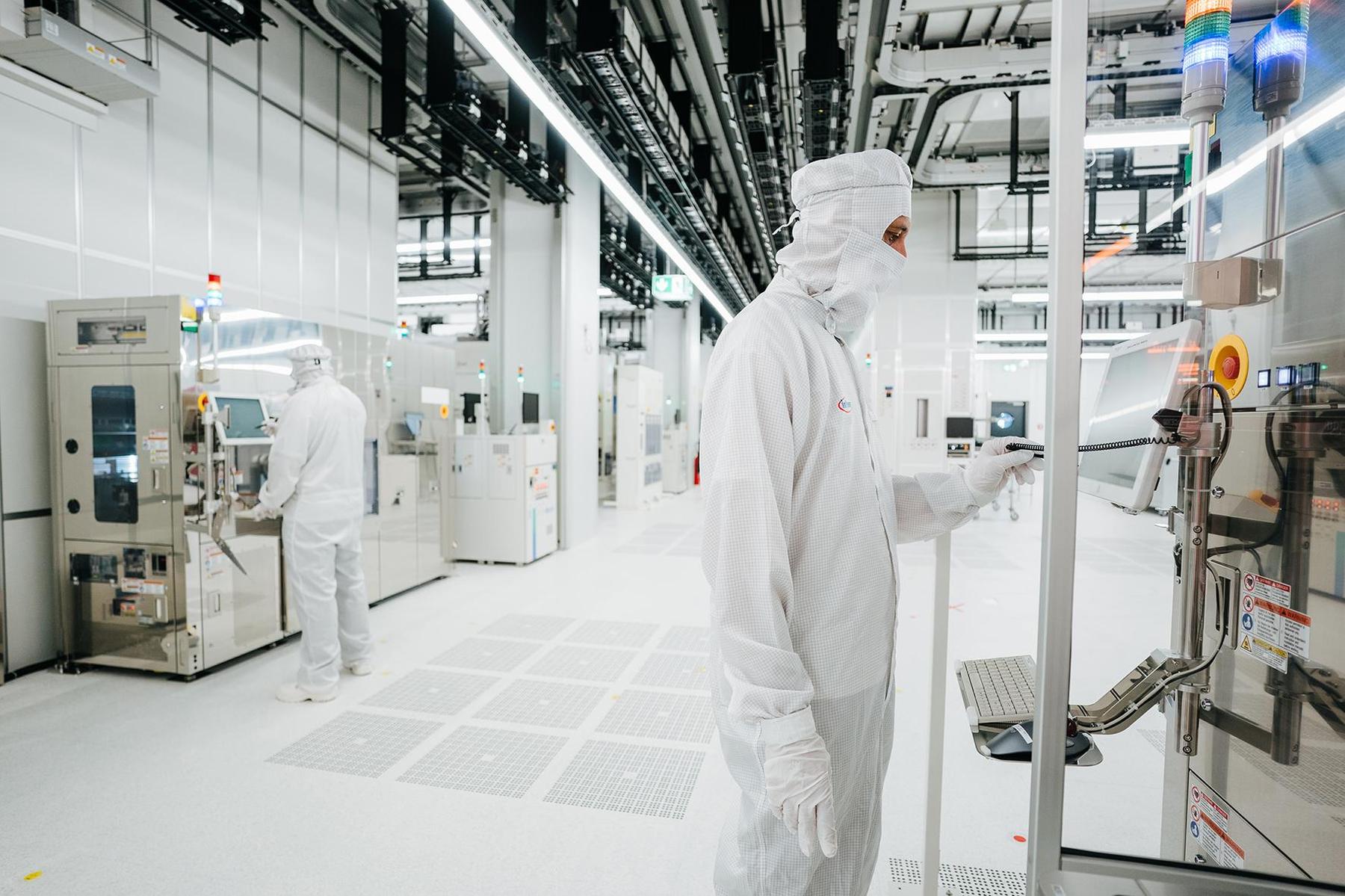Bitcoin. The essentials about cryptocurrencies in ten questions and answers

1. How did Bitcoin appear?
It appeared at the initiative of the Cypherpunk Movement in early 2009, with the publication of Satoshi WhitePaper (pseudonym that to this day no one knows who it is). In my opinion it was a technological response to the problems inherent to our monetary system that were naked with the 2008 crisis.
2. What is blockchain?
It is an innovative technology that allows safety transactions without intermediaries. A kind of distributed and unchanging database whose blocks (records) are cryptographically ensured by the various operators (usually called miners). But there are several types of blockchains (open, closed, more or less centralized or decentralized, etc.), some more interesting than the others.
3. Why is it such a valuable bitcoin if it has no physical existence or even use, how do they have gold or diamonds?
Because for the first time in history there was a digital asset with assured scarcity (there will never be more than 21 million BTC in circulation) and that no one (whether billionaire, company or country) can control, censor, adulterate, etc. Hence it is often called digital gold because it has all the properties of gold and some more (easy to carry since it is not physical, easy to keep, easy to convert to any fraction, easy to send safely to any part of the world, cannot be confiscated, etc.).
4. How can I buy bitcoins?
It’s easy. You just need to register in a renowned brokerage firm such as coinbase, Bitstamp, Kraken, Binance, Crypto.com or a national broker like Cryptoloja. After the registration is done and passed on Kyc, it transfers euros to your account there and gives order to buy bitcoin, equal to if you were buying Apple shares. But be careful in choosing the broker. It is appropriate to use one of those I mentioned here because there are a lot of staircase throws and brokerages that promise worlds and funds (then we have a giant Red Flag that it is a scam) and then disappear with our money and make it impossible to rescue any bitcoin that the customer would supposedly have ‘bought’.
5. Can I use bitcoinpara shopping online?
Of course. Nowadays this is very easy. Or pays in Bitcoin directly, as more and more salespeople accept this form of direct payment, or uses a Visa or Mastercard debit card associated with your account in one of the brokerages I referred to and normally pays like any normal card. The difference is that with the Crypto card conversion between Bitcoin and Fiat currency (euros or dollars) is automatically done by your broker.
6. Are cryptocurrencies all the same?
Not by shadows. There are tens of thousands, as it is easy to create one, but 99% are worth nothing. By the way, many of these ‘cryptocurrencies’ are not even true cryptocurrencies and only use this designation because it is sexy and thus can deceive the most unwary to invest in their ‘coins’. For the most purists, only Bitcoin is a real cryptocurrency, and all others are nicknamed Shitcoins, with the honorable exception of Ethereum. I advise everyone to gird the main cryptocurrencies and ignore the so-called shitcoins.
7. Donald Trump has launched a cryptocurrency on the eve of the inauguration. And he earned millions of dollars at the expense of many investors who lost their money. Doesn’t this discredit cryptmoedas?
Unfortunately yes. The fashion of meme coins is, in my view, purely speculative and 99.9% are worth zero. But the meme coins that the media love to speak represent a small niche of highly speculative shitcoins. They have nothing to do with Bitcoin or Ethereum. It is necessary to separate the wheat from the chaff. With Trump, the US will lead in this new crypto world, precisely because it reversed 180 degrees the course of the Biden administration, which was clearly hostile to industry. This administration has very competent people who well perceive the huge potential and so they are advancing quickly to make the US in the world hub. Unfortunately, in this chapter, the EU is becoming increasingly irrelevant. In short, Trump has been (and I believe it will remain) great supporter of active crypto, but this sad story of ‘his’ meme coin was shot in the foot.
8. At that time Bitcoin reached $ 100,000 and then fell. HAVE NOT HAVE THE PICO OF YOUR VALUE ALREADY? Is it still worth investing?
I hear this question recurrently since I first arrived at $ 1000 and my answer has always been the same for over a decade. No, it has not reached the peak of value and it is always worth investing with the medium/long term perspective. In my analysis, each bitcoin will one day be worth many million dollars but I don’t like to talk about the price or give financial advice. Each will have to study the subject and manage their own risk. I just warn that US are implemented by Order of Trump a Bitcoin National Strategic Reserve. As it is a finite asset (there will never be more than 21 million BTC), when other countries enter this global race to bitcoins the price will inevitably rise. I have been advocating for over a decade that Portugal should have a Bitcoin National Strategic Reserve to ensure the future of coming generations.
9. In January this year, the biggest theft ever of cryptors was reported, when the Bybit firm announced that Hackers had stolen $ 1.5 billion in digital currency. Is it safe to invest in bitcoin?
Yes, Bitcoin is the network (besides being a safer currency and protocol) in the world. Today has a $ 1.6 trilion market cap (1,600,000,000,000) and has been attacked daily for 16 years without ever being compromised. By the way, in this recent example that refers it was not Bitcoin that was hacked, but this centralized broker. Bitcoin’s philosophy is ‘Not Your Keys, Not Your Coins’. This means that, unlike any other existing assets, anyone can and should keep their bitcoins in a Cold Wallet (wallet that is not connected to the internet) that only he controls. I always advise people to rescue their bitcoins to their own Cold Wallet after buying in a centralized broker. Bybit customers who did this were not minimally affected by this theft, as only they can move their bitcoins using such Cold Wallet.
10. Won’t quantum computers make Bitcoin obsolete?
No. This is another myth that I hear recurrently. If someone had a quantum computer today capable of making factoring prime numbers there, yes, it would be a disgrace, since almost all modern encryption is based on this mathematical problem that classic computers (which we have now) cannot break, but a sufficiently robust quantum computer could solve in a short time. In fact, this moment when we will have quantum computers sufficiently robust to break classic cryptography is nicknamed by ‘CryptoGeddon’ experts, a mixture of encryption and armadão. But contrary to what the media make us believe, we are still far away (decades?) Having these quantum computers, so we have time to prepare the transition to postquantic cryptography. In fact, in my company Privus we have been using since 2024 post-quantic algorithms to protect our customers’ communications, and nothing prevents Bitcoin (the protocol) from also making an update to stop using ECDSA and Sha256 and use post-quantic numbers to protect your blockchain. I am sure that these updates will happen in the next decade, as it is in everyone’s interest and Bitcoin has always had updates since the first day. But I find it funny that people worry about the quantum threat to Bitcoin, but they don’t seem to understand that all your current sensitive data, from homebanking, taxes, online purchases, etc., are vulnerable to this threat. If the world does not make this transition, the threat to Bitcoin will be the last of our problems.








